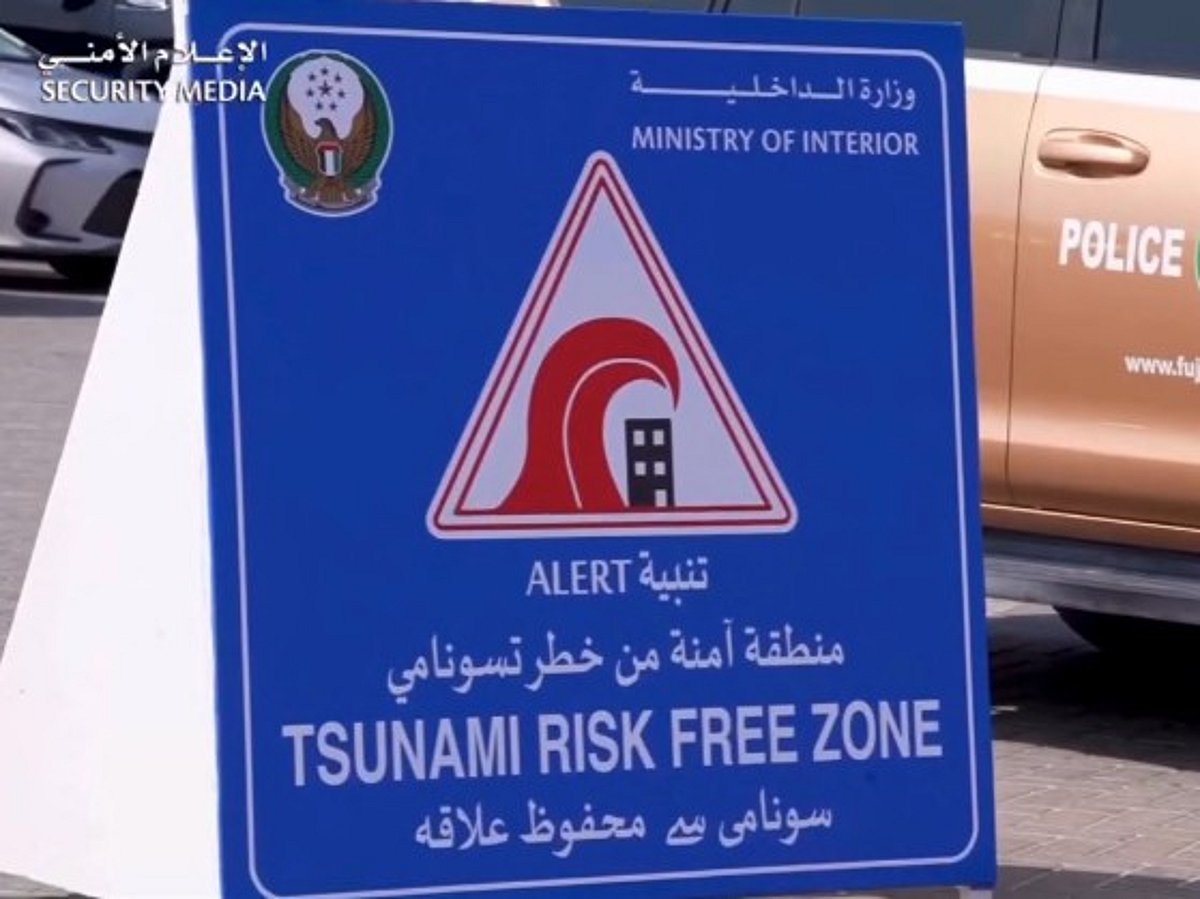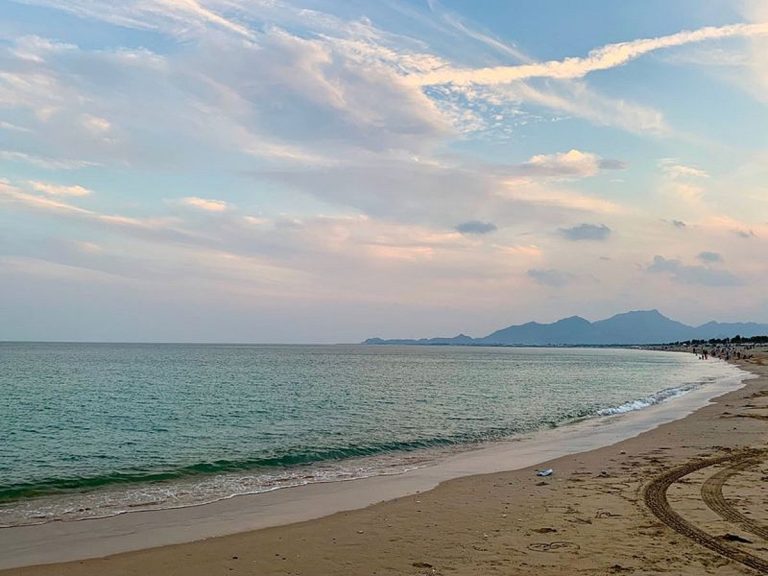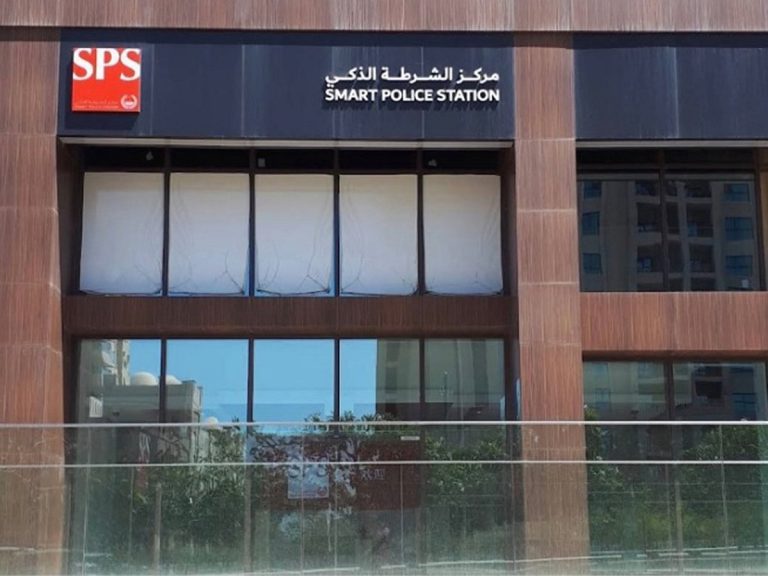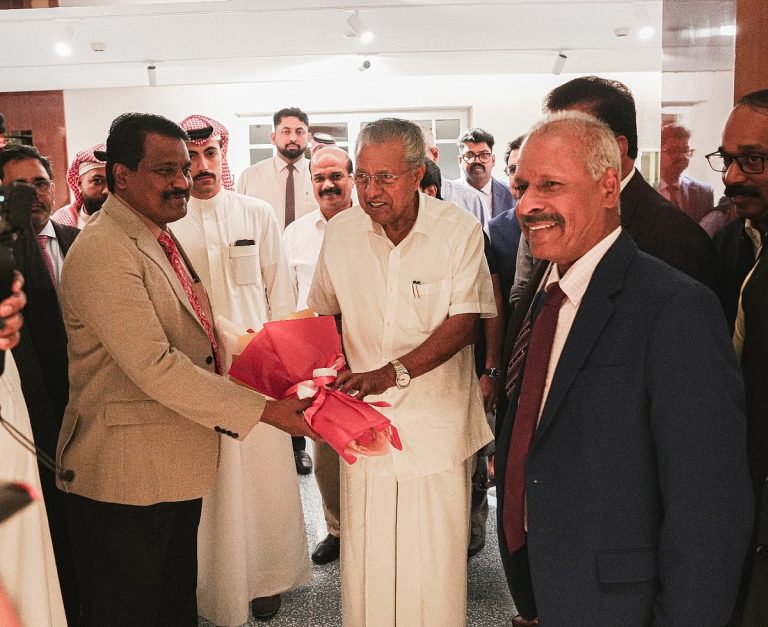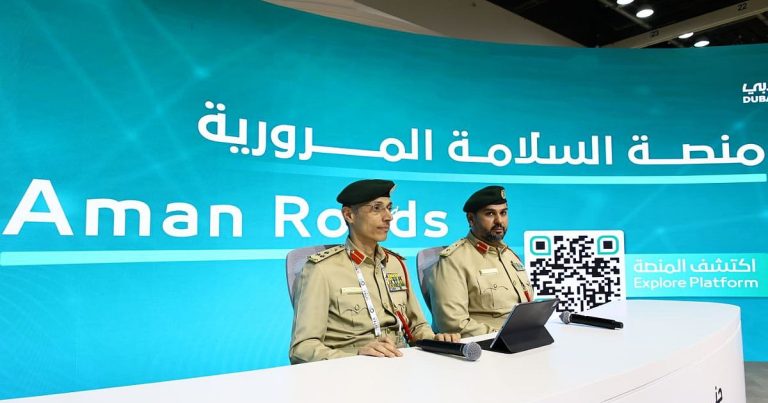UAE Enhances Emergency Preparedness with Tsunami Simulation
The United Arab Emirates recently completed a significant exercise aimed at bolstering its emergency response capabilities in the face of natural disasters. The “Indian Ocean Tsunami Simulation” (IOWAVE25) took place in Fujairah, involving various national authorities and international organizations to ensure a coordinated approach to disaster management.
Exercise Overview
The simulation focused on a hypothetical powerful earthquake in the Indian Ocean, which would trigger a tsunami. Key participants included Major General Mohammed Ahmed bin Ghanem Al Kaabi, the Commander-in-Chief of Fujairah Police, along with officers from the Ministry of Interior and representatives from various agencies. The exercise was designed to test the effectiveness of early warning systems, rapid response protocols, and evacuation strategies.
Objectives and Importance
The primary goal of this exercise was to safeguard lives and minimize potential losses in the event of a real tsunami. The UAE’s participation underscores its commitment to enhancing both national and international preparedness for natural disasters. Authorities stressed the necessity of having robust emergency response systems and operational plans that can adapt to various scenarios.
The Ministry of Interior emphasized that such drills are integral to improving institutional capabilities and refining national emergency plans. These efforts align with the directives from the nation’s leadership to ensure public safety and support sustainable development.
Community Engagement
In addition to the simulation, the UAE has been proactive in involving local communities in disaster preparedness initiatives. This includes educational programs and public awareness campaigns aimed at informing residents about safety measures during emergencies.
FAQs
What was the purpose of the IOWAVE25 exercise?
The IOWAVE25 exercise aimed to test the UAE’s emergency response capabilities in the event of a tsunami triggered by an earthquake in the Indian Ocean.
Who participated in the simulation?
The exercise involved various national authorities, including the Fujairah Police, the Ministry of Interior, and representatives from international organizations like UNESCO.
How does this exercise benefit the UAE?
This simulation enhances the UAE’s preparedness for natural disasters, ensuring that emergency response systems are effective and that communities are better protected.
Conclusion
The successful completion of the IOWAVE25 exercise highlights the UAE’s dedication to improving its emergency response strategies. As natural disasters pose ongoing risks, continued training and collaboration among authorities will be essential in safeguarding communities and ensuring public safety in the future.
The Indian Ocean is known for its seismic activity, making the region susceptible to tsunamis. The UAE, located along the eastern coast of the Arabian Peninsula, recognizes the potential threats posed by such natural disasters. The IOWAVE25 exercise not only tested the immediate response capabilities of local authorities but also served as a platform for sharing best practices and lessons learned among participating nations. This collaborative approach is crucial, as tsunamis can affect multiple countries simultaneously, necessitating a coordinated international response.
In recent years, the UAE has invested significantly in disaster preparedness infrastructure, including the establishment of advanced monitoring systems and communication networks. These systems are designed to provide real-time data and alerts to both authorities and the public in the event of a tsunami warning. The integration of technology into emergency management has become a focal point for the UAE, reflecting a broader trend in global disaster risk reduction strategies. By leveraging technology, the UAE aims to enhance situational awareness and improve the speed and effectiveness of its emergency responses.
Furthermore, the UAE’s commitment to disaster preparedness extends beyond governmental efforts. The involvement of local communities is vital for building resilience against natural disasters. Educational initiatives, such as workshops and training sessions, empower residents with knowledge about emergency procedures and safety protocols. This grassroots engagement fosters a culture of preparedness, ensuring that individuals are equipped to respond effectively in the event of a disaster. Overall, the IOWAVE25 exercise represents a critical step in the UAE’s ongoing efforts to enhance its emergency management framework and safeguard its population against the impacts of natural disasters.
Also Read:
AI System to Transform UAE Data Centre Management
New Service for Measuring Natural Losses in UAE Excise Goods
UAE Launches Emergency and Crisis Atlas at Gitex Global 2025

